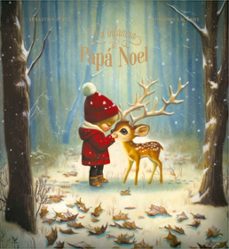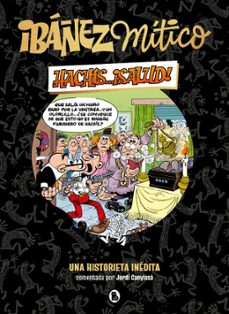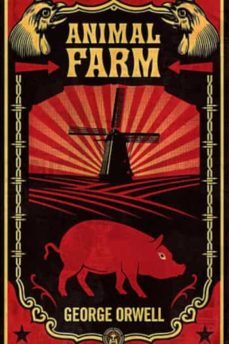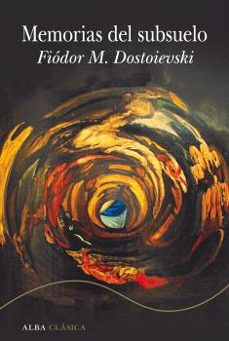📗 Libro en inglés DEATH OF THE BLACK-HAIRED GIRL
MARINER BOOKS - 9780544227798
Sinopsis de DEATH OF THE BLACK-HAIRED GIRL
A New York Times Book Review Editors Choice
Fast-paced [and] riveting . . . Stone is one of our transcendently great American novelists. Madison Smartt Bell
Brilliant. Washington Post
At an elite college in a once-decaying New England city, Steven Brookman has come to a decision. A brilliant but careless professor, he has determined that for the sake of his marriage, and his soul, he must end his relationship with Maud Stack, his electrifying student, whose papers are always late yet always incandescent. But Maud is a young woman whose passions are not easily curtailed, and their union will quickly yield tragic and far-reaching consequences.
Death of the Black-Haired Girl is an irresistible tale of infidelity, accountability, the allure of youth, the promise of absolution, and the notion that madness is everywhere, in plain sight.
At once unsparing and generous in its vision of humanity, by turns propulsive and poetic, Death of the Black-Haired Girl is wise, brave, and beautifully just. Boston Globe
Unsettling and tightly wroughtand a worthy cautionary tale about capital-C consequences. Entertainment Weekly
A taut, forceful, lacerating novel, full of beautifully crafted language. Los Angeles Review of Books
Ficha técnica
Editorial: Mariner Books
ISBN: 9780544227798
Idioma: Inglés
Encuadernación: Tapa blanda
Fecha de lanzamiento: 01/06/2014
Año de edición: 2014
Plaza de edición: Eeuu
Especificaciones del producto
Escrito por Robert Stone
Robert Stone (Nueva York, 1937-Cayo Hueso, 2015) fue autor de ocho novelas: Una galería de espejos (1967), Dog Soldiers (1974), Banderas al amanecer (1981), Hijos de la luz (1986), Outerbridge Reach (1992), La puerta de Damasco (1998), Bay of Souls (2003) y Death of Black-Haired Girl (2013). Publicó, además, dos colecciones de relatos, Bear and His Daughter (1997) y Fun with Problems (2010), y el memoir Recordando los sesenta (2007). Comparado a menudo con autores como Joseph Conrad o Ernest Hemingway y admirado por otros como Don DeLillo, Frank Conroy o James Ellroy, Stone, que fue amigo de Ken Kesey, Neal Cassady y de aquellos a quienes solía llamar «todos esos locos de la contracultura», siempre tuvo una debilidad especial por los perdedores y fue un maestro a la hora de convertir en arte las locuras de sus personajes.
Descubre más sobre Robert Stone Recibe novedades de Robert Stone directamente en tu email
Opiniones sobre DEATH OF THE BLACK-HAIRED GIRL
¡Sólo por opinar entras en el sorteo mensual de tres tarjetas regalo valoradas en 20€*!






































